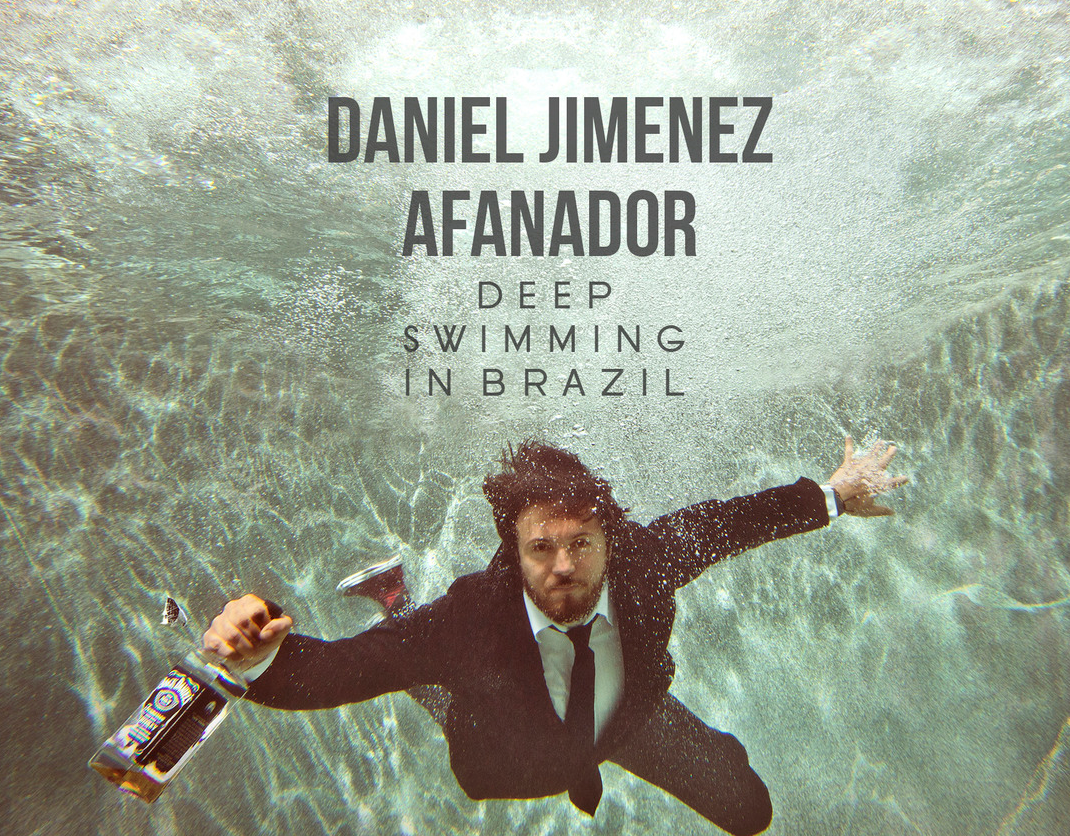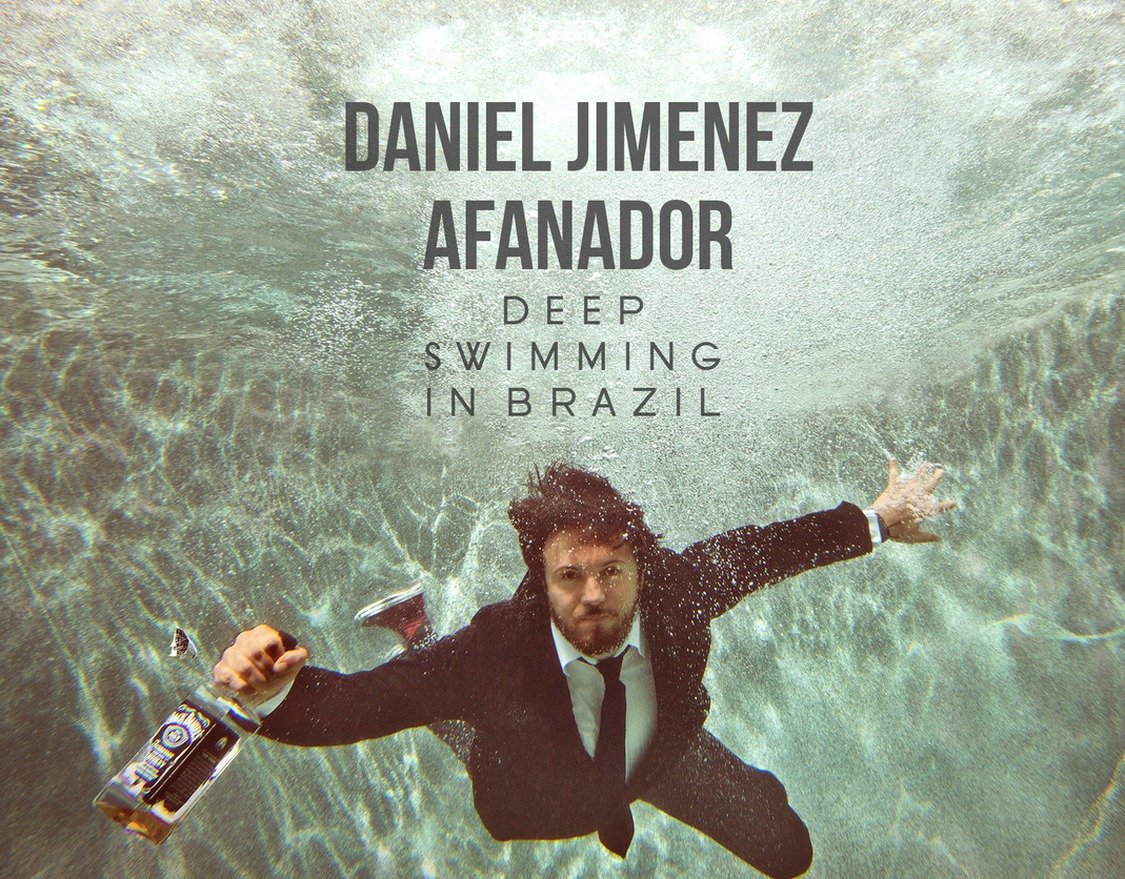Growing up in Colombia during the '90s, singer/songwriter Daniel Jiménez Afanador and his friends threw late night parties where the heavy metal riffs of Iron Maiden collided with the salsa grooves of Fruko y sus Tesos. Mirroring Bogota's cosmopolitan sensibility, Daniel listened to all kinds of music in his teen years - from Fabulosos Cadillacs and Counting Crows to Queen and Latin rock pioneers Sui Géneris. It was around that time - and after his mother passed away when he was only 16 - that Daniel realized that music had become a force of healing in his life.
"Music became my salvation at a very early age," he reflects over a cup of freshly brewed Colombian coffee in his Los Angeles-based recording studio. "I remember falling in love with my favorite records and realizing that all my troubles seemed insignificant compared to the beauty of those sounds. The next step came naturally: the need to write my own songs and share them with other people."
These feelings of hope, positivity and a passionate dedication to the craft of creating quality music are at the core of Daniel's newly released third solo record, Deep Swimming In Brazil. A collection of instantly hummable yet deeply sophisticated songs, the new record will surprise longtime fans with a more direct sound. Also of notice: all but one of the album's eight tracks are in English.
"I've always believed that a song must be painfully honest in order for listeners to be able to relate to it," he explains. "That's why I'm singing in both Spanish and English this time around. After living so many years in the U.S., I feel like I'm part Colombian and part American - equally comfortable in two strikingly different cultures."
Initially, Daniel moved to Los Angeles in order to study guitar, composition and sound engineering. But mainstream success found him right after graduation when he founded Roxing Kafé, a pop-rock trio that would become a key band in Latin rock of the new millennium. Roxing released only one self-titled CD, but found itself touring the U.S. extensively, playing at such legendary venues as House of Blues and the Knitting Factory - and sharing the stage with Latin music stars like Ely Guerra, Jarabe de Palo, Grupo Niche and Aterciopelados.
"Roxing was very unusual because of how different the three of us were," he says. "The drummer was a childhood friend that I persuaded to join us from Colombia. The bassist was from a little village in Northern Japan, but he was actually an expert in Latin music theory. We played rock but listened to heavy metal. We had a harder edge than most Latin bands of the time, and I think people really connected with that."
Still, the instant success of Roxing didn't satisfy Daniel's quest for a more personal, intimate sound. In 2006, he disbanded Roxing and continued his path as a solo artist.
"I felt a responsibility for writing songs that were completely authentic and organic from the very root of the creative process," he says. "I wanted to come up with lyrics that make you think new ideas and inspire you to change."
Backed by a new, multi-cultural band made up of seasoned players from different genres, Daniel has performed hundreds of gigs across Southern California. He has also forged an artistic alliance as a songwriter/producer with Sony in Colombia, and has written the score for various film projects. His schedule may be frantic, but the love of music remains.
"Remember that scene in the movie The Perks of Being a Wallflower when the main characters are listening to David Bowie at full volume as they drive through a tunnel?," he asks with a smile. "Music still evokes that in me. I haven't lost that feeling of joy. It's still there, the thrill of music."
**


